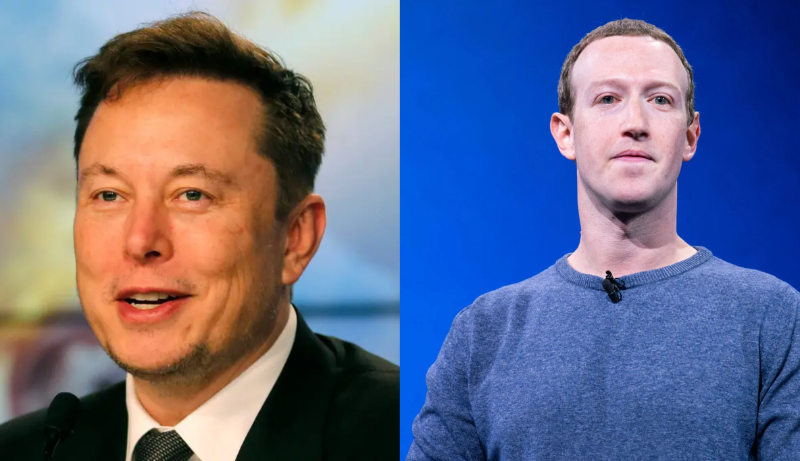Elon Musk has established himself as a daring businessman. When he agreed to buy Twitter this year, he promised to make it a haven for unrestricted free speech, reversing many of its restrictions and enabling banned users such as former President Donald J. Trump to rejoin.
Mr. Musk has followed a rather conventional social media strategy since closing his $44 billion takeover of Twitter last week.
On Tuesday, the world’s richest man met with more than six civil rights organizations, including the NAACP and the Anti-Defamation League, to convince them that he will not change Twitter’s content policies until the results of next week’s midterm elections are finalized. He also met with advertising executives to address their concerns about their businesses being associated with harmful online content. Mr. Musk announced last week that he would organize a committee to advise Twitter on what types of content to delete from the network and that he would not quickly reinstate banned accounts.
If these choices and outreach sound familiar, it’s because they are. Other social media executives have taken similar moves. After Facebook was chastised for being used improperly in the 2016 presidential election, Mark Zuckerberg, the social network’s CEO, met with civil rights groups to appease them and attempted to appease furious advertisers. Later, he stated that he would form an independent board to assist his company on content matters.
Mr. Musk is still in the early stages of his ownership of Twitter and is expected to make significant changes to the service and business, including the layoff of some of the company’s 7,500 employees. But, for the time being, he is engaging with many of the same constituencies that Mr. Zuckerberg has had to deal with over the years, according to social media experts and directors of civil society organizations.
Evelyn Douek, an assistant professor at Stanford Law School said: “Mr. Musk has discovered what Mark Zuckerberg discovered several years ago: Being the face of controversial big calls isn’t fun, “all face the same pressures of users, advertisers and governments, and there’s always this convergence around this common set of norms and processes that you’re forced toward.”
According to Derrick Johnson, president of the NAACP; Rashad Robinson, president of Color of Change; and Yael Eisenstat, director of the Anti-Defamation League’s Center for Technology & Society, Mr. Musk’s meeting with civil rights groups on Tuesday was centered on next week’s midterm elections and his approach to content moderation. The call was attended by all three.
During the 45-minute session, Ms. Eisenstat asked Mr. Musk for a multimonth embargo on changes to Twitter’s policies and enforcement processes relating to elections, hate speech, and harassment — at least until the midterm election results were complete and “he has his house in order.”
They also requested that Mr. Musk bar anyone who had been removed from Twitter for breaching rules or encouraging violence from returning until he established a transparent method for doing so, she added.
Ms. Eisenstat stated that Mr. Musk “appeared to be actively engaged and actively listening throughout the entire meeting.” She went on to say that Mr. Musk informed the group that he did not want Twitter to be a “hate-amplifier” and encouraged the callers to join his planned content monitoring council.
“He made it seem as if he wants to continue this dialogue,” she said.
According to the attendance, Mr. Musk also promised the gathering that he would not change Twitter’s regulations or reinstate banned accounts until the final results of the referendum were known.
According to Mr. Johnson and Mr. Robinson, the billionaire was sensitive to the civil rights organizations’ concerns. However, they emphasized that their organizations were waiting to see what moves Mr. Musk would take.
“We were pleasantly surprised with his verbal receptiveness with the things that we raised, and now we want to see the outcome,” Mr. Johnson said.











